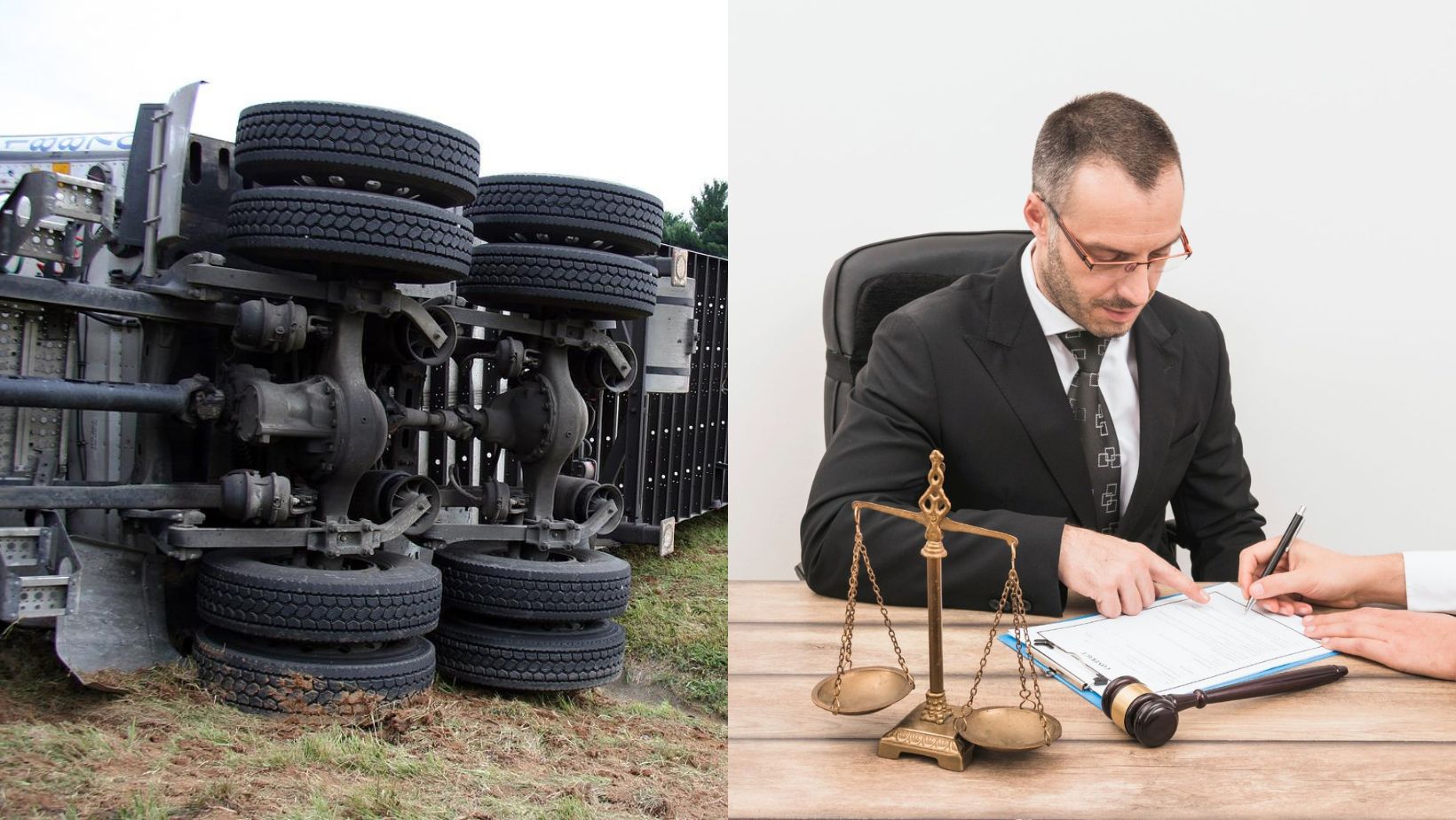Divorce is a complex and emotionally challenging process that can be particularly burdensome for low-income individuals. Recognizing the importance of access to justice for all, there are legal aid options and divorce assistance for low-income individuals to navigate the divorce process.
In this article, we will explore various avenues of divorce assistance specifically tailored to support those with limited financial resources.
Legal Aid Societies
Legal aid societies are nonprofit organizations that provide free or low-cost legal services to individuals who cannot afford private attorneys. These societies often have specialized family law units that can offer divorce assistance. Eligibility criteria are based on income and may vary depending on the jurisdiction. Legal aid societies typically employ experienced attorneys who can guide individuals through the divorce process, provide legal advice, assist with paperwork, and even represent clients in court if necessary.
Pro Bono Programs
Pro bono programs are initiatives where private attorneys volunteer their time and expertise to provide free legal services to individuals in need. Many bar associations and law firms have pro bono programs that can offer divorce assistance to low-income individuals. These programs match eligible clients with attorneys who are willing to provide representation or guidance on a pro bono basis. While the availability of pro bono services may vary, they can be an invaluable resource for those seeking divorce assistance without the financial means to hire an attorney.
Self-Help Centers
Self-help centers, often found in courthouses, are resources that provide legal information and assistance to individuals who are representing themselves in court. These centers offer workshops, forms, and instructional materials specific to divorce proceedings. Although they do not provide direct legal advice or representation, self-help centers can be immensely helpful in understanding the divorce process, completing the necessary paperwork, and ensuring compliance with court procedures.
Online Legal Resources
The advent of technology has expanded access to legal information and resources. Various online platforms provide self-help divorce guides, form templates, and legal information specifically tailored to assist low-income individuals. Websites managed by legal aid organizations, bar associations, and government entities can offer valuable guidance on divorce procedures, filing requirements, and relevant state laws. However, it is important to exercise caution and verify the credibility of online sources to ensure accurate and up-to-date information.
Mediation Services
Mediation is an alternative dispute resolution process that can be particularly beneficial for low-income individuals seeking divorce assistance. Mediation services provide a neutral third party who facilitates open communication and negotiation between the divorcing parties. This can help reach agreements on various aspects of the divorce, such as child custody, visitation schedules, division of assets, and spousal support. Mediation is often more affordable than going through a lengthy court battle, and it empowers individuals to actively participate in decision-making. Many legal aid organizations and community mediation centers offer sliding scale fees or free mediation services for low-income individuals.
San Francisco-based divorce mediators, for instance, offer affordable mediation services, providing a neutral third party to facilitate agreements on critical divorce aspects, from child custody to asset division. These services empower individuals to actively engage in the decision-making process while avoiding the often costly and lengthy court battles.
Collaborative Law
Collaborative law is another alternative approach to divorce that focuses on cooperative problem-solving. In collaborative law, each party hires their own attorney who is specially trained in collaborative practice. The attorneys, along with other professionals such as financial advisors or mental health experts, work together to reach a mutually satisfactory settlement outside of court. Collaborative law can be a cost-effective option for low-income individuals as it reduces the need for lengthy litigation. Some collaborative law practitioners may offer reduced fees or payment plans to accommodate individuals with limited financial resources.
Legal Clinics And Law Schools
Legal clinics associated with law schools can provide valuable divorce assistance to low-income individuals. These clinics are often staffed by law students under the supervision of experienced faculty members. Although law clinics may have limited capacity and specific eligibility requirements, they offer an opportunity for individuals to receive legal advice and representation at a reduced cost. Law schools may also organize legal outreach programs or community events where individuals can seek free legal consultations or attend informational sessions related to divorce and family law matters.
Frequently Asked Questions
For more help on how to find divorce assistance for low-income couples, we have answered some of the questions people more commonly ask.
How do I determine if I qualify for legal aid services?
Eligibility criteria for legal aid services are typically based on income and may vary depending on the jurisdiction. Contact your local legal aid society or visit their website to inquire about the specific requirements.
Can I get free legal representation for my divorce?
Yes, legal aid societies, pro bono programs, and law school clinics often offer free or low-cost legal representation to low-income individuals. These resources aim to ensure that everyone has access to legal assistance, regardless of their financial situation.
Are online divorce services a reliable option for low-income individuals?
Online divorce services can be a cost-effective option for uncontested divorces. However, it is important to carefully evaluate the credibility and reputation of the service provider before proceeding. For more complex cases or situations involving significant assets, seeking legal advice from an attorney is recommended.
Find Divorce Assistance For Low-Income Individuals
Divorce assistance for low-income individuals is a vital component of ensuring equal access to justice. Legal aid societies, pro bono programs, self-help centers, and online resources offer valuable support to those who cannot afford private legal representation. By leveraging these options, individuals facing divorce can gain the knowledge and assistance necessary to navigate the process successfully. If you are in need of divorce assistance and have limited financial resources, explore these avenues to find the appropriate legal aid that can help you protect your rights and secure a fair resolution. Remember, you don't have to face divorce alone, even if you have limited financial means.
There are multiple venues open to you if you require legal aid. Find out more by visiting Gov Relations and exploring our guide on hiring a personal injury lawyer.






